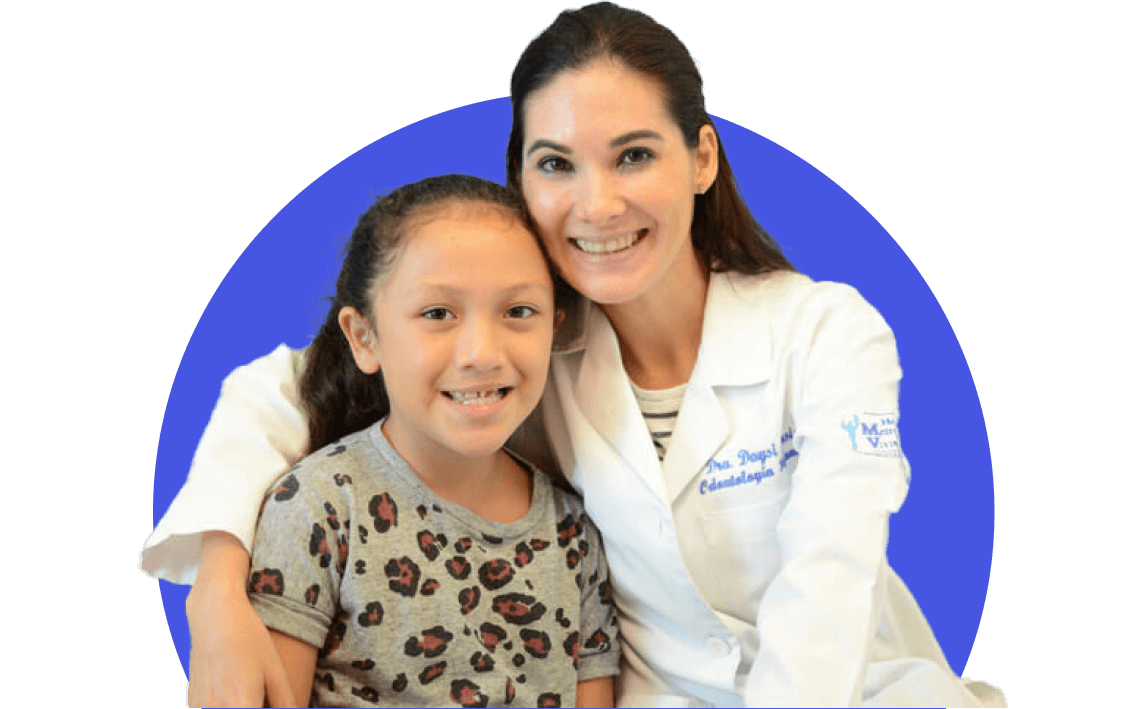- Cleft Home
- What is Cleft Lip and/or Palate?
- Prenatal Diagnosis
- Feeding Your Baby
- What is a Cleft Team?
- Surgery
- Hearing, Speech, and Dental Care
- Paying for Treatment
- Managing Feelings
- Craniofacial Conditions
- Toddlers and Preschoolers
- The School-Aged Years
- The Teenage Years
- Letter to a Teacher
- Information for Adults
- Support Organizations
- Learn More: Downloads
- Cleft Home
- What is Cleft Lip and/or Palate?
- Prenatal Diagnosis
- Feeding Your Baby
- What is a Cleft Team?
- Surgery
- Hearing, Speech, and Dental Care
- Paying for Treatment
- Managing Feelings
- Craniofacial Conditions
- Toddlers and Preschoolers
- The School-Aged Years
- The Teenage Years
- Letter to a Teacher
- Information for Adults
- Support Organizations
- Learn More: Downloads
What is Cleft Lip-Repair Surgery?
Cleft lip-repair surgery is a surgical procedure to close the space of a cleft lip. The timing and technique of this operation vary from surgeon to surgeon. Cleft teams in the United States usually recommend performing this procedure when a child is ten weeks of age or older, based on the needs and health of the child.
A cleft lip is usually closed in a single operation, but it is sometimes done in two (called two-stage). Lip surgery usually requires a hospital stay of one or two nights; in some cases the operation is performed on an outpatient basis.
After lip-repair surgery, the scar on your baby’s lip may be red and stiff at first, but will look less noticeable and become softer within several months. A scar takes over a full year to heal completely and will always be present.
It is important that you feel comfortable with your baby’s surgeon and confident in his or her skills, experience, education, and training. Be sure to ask all your questions and expect clear answers.
What is Palate-Repair Surgery?
The goal of palate-repair surgery is to close the space in the palate so that it will function normally during eating, drinking, and speaking.
In the US, cleft surgeons usually close a cleft palate between six and eighteen months of age, but may recommend operating earlier or later depending on a variety of factors. Palate-repair surgery may be performed in one or two stages, depending on a child’s needs and the recommendations of the team. The operation usually involves a hospital stay of one to three days.
After palate surgery, you will need to follow special instructions for feeding your baby. The cleft team may require the baby to drink from a cup that will not harm the surgical site (as described above) and may recommend that all solid foods be pureed or liquefied. Be sure to talk with your team about these requirements before the operation.



